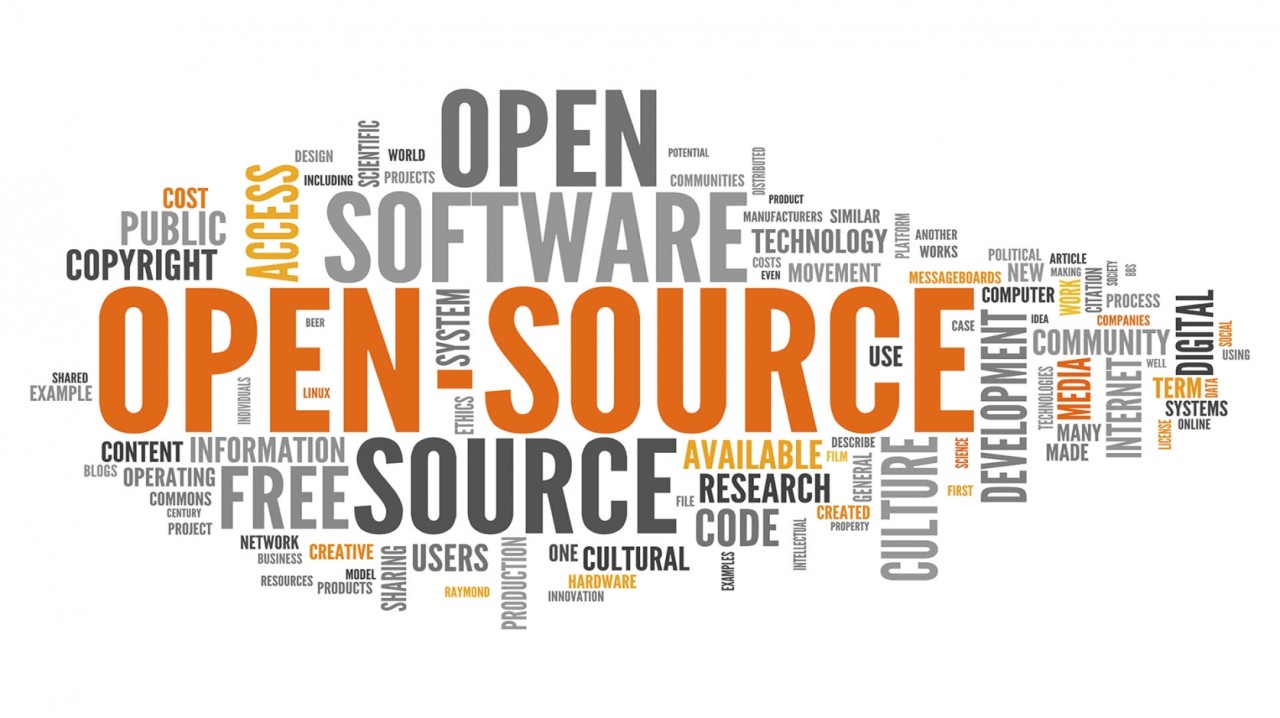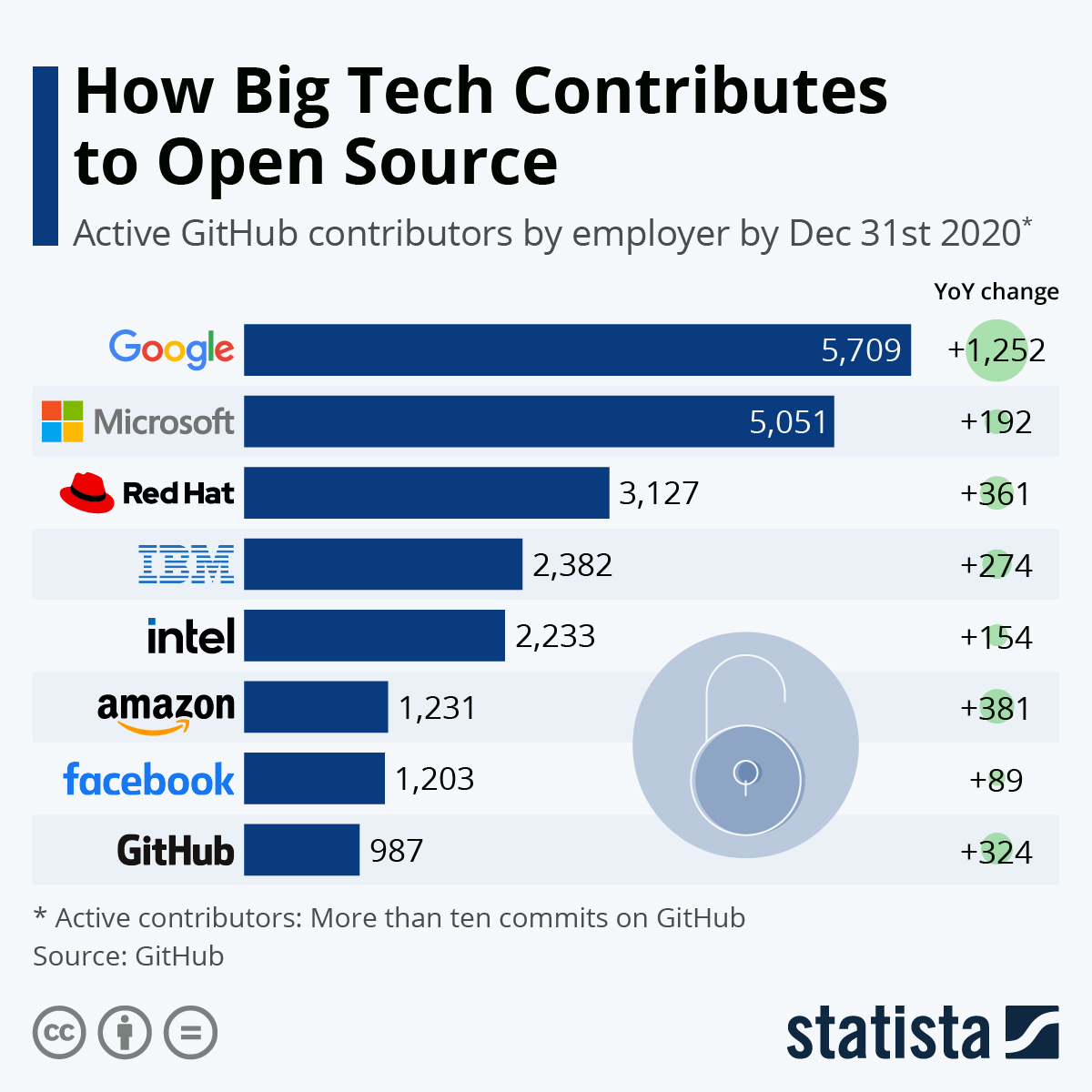Open-Source Contributions

Ready to join the open source revolution and make your mark in the world of coding?
Summary
In the vast digital realm, open source contributions have emerged as a dynamic force driving innovation and collaboration. At its core, open source represents a philosophy that champions transparency, shared knowledge, and community-driven development. By freely sharing source code, developers around the world unite to create, improve, and distribute software that can be accessed and modified by anyone. The transformative impact of open source contributions transcends individual aspirations, fostering a collective ecosystem that thrives on cooperation, diversity, and the relentless pursuit of excellence.
From Novice to Nurturer: How Open Source Contributions Revolutionized a Life
In a bustling metropolis, amidst the hectic rhythm of everyday life, one individual stumbled upon a world that would forever transform their existence. Meet Alex, a software enthusiast seeking a greater purpose in their coding endeavors. Little did they know, the realm of open source contributions held the key to unlocking their potential and igniting a fire within.
With trembling fingers and hesitant steps, Alex ventured into the labyrinth of open source projects. The vastness of the community was overwhelming, yet a sense of curiosity and determination propelled them forward. They yearned to make a meaningful impact, to leave an indelible mark on the digital landscape.
As days turned into weeks and weeks into months, Alex encountered countless challenges and triumphs. Collaborating with brilliant minds from across the globe, they honed their coding skills and acquired a profound understanding of teamwork. It was within the open source community that Alex truly grasped the power of collective intelligence and the magic of collaboration.
Through their open source contributions, Alex witnessed their code being embraced by individuals and organizations worldwide. The impact of their work surpassed their wildest dreams. They received heartfelt messages of gratitude and recognition from developers who had benefited from their contributions. Alex’s newfound purpose had become a guiding light, fueling their motivation to push boundaries and challenge the status quo.
Open source had not only transformed Alex’s technical skills but had also instilled a deep sense of belonging. They found themselves surrounded by a diverse, supportive network of like-minded individuals who shared a common passion for creating and giving back to the community. Open source had become more than a platform; it had become their extended family.
As the journey continued, Alex realized that open source contributions were not merely about code. It was about empowering others, fostering innovation, and making a positive difference in the world. Their life had been forever altered by this captivating world of open collaboration, and they vowed to continue their quest for greatness, knowing that the impact of their contributions would ripple through time.
Introduction
Open-source contributions play a crucial role in the software development ecosystem, offering numerous benefits to developers, communities, and the industry as a whole. Open-source software refers to projects that are developed collaboratively, allowing anyone to view, use, modify, and distribute the source code.
Here’s a statistics of Big tech companies contributions:

The importance and benefits of open-source contributions
The importance of open-source contributions can be understood by considering the following aspects:
Knowledge and Skill Development
Contributing to open-source projects provides a valuable learning experience. It allows developers to gain practical knowledge by working on real-world codebases, understanding project structures, and collaborating with experienced developers. It offers an opportunity to sharpen coding skills, learn best practices, and explore new technologies.
Building a Professional Network
Open-source communities are vibrant and inclusive, consisting of developers from various backgrounds and skill levels. By actively participating in these communities, developers can establish connections with industry professionals, potential mentors, and like-minded individuals. Networking in the open-source world can lead to new job opportunities, collaboration on future projects, and knowledge sharing.
Making a Meaningful Impact
Open-source contributions have the power to shape and improve widely used software. By fixing bugs, adding new features, enhancing documentation, or optimizing performance, developers can directly impact the functionality and usability of popular projects. Contributing to open-source allows developers to leave a lasting impression and contribute to the greater good of the software development community.
Exposure and Visibility
When developers contribute to open-source projects, their work becomes publicly visible. This visibility can be advantageous when showcasing skills to potential employers, clients, or collaborators. Employers often value candidates with a track record of open-source contributions, as it demonstrates a proactive attitude, collaboration skills, and a commitment to continuous improvement.
Don’t know how to get started?
To get started with open-source contributions, follow these practical steps:
-
Identify Projects: Start by finding projects aligned with your interests and expertise. Platforms like GitHub, GitLab, and Bitbucket host a vast number of open-source projects. Explore trending repositories, read project descriptions, and evaluate the project’s community and documentation to assess its suitability.
-
Understand the Codebase: Spend time understanding the project’s codebase, its architecture, and coding style. Familiarize yourself with the project’s issue tracker and review existing pull requests (PRs) to understand the project’s development workflow.
-
Start Small: Begin with small and manageable tasks, such as fixing documentation errors, addressing simple bugs, or adding tests. This allows you to get acquainted with the project’s codebase and development processes.
-
Engage with the Community: Join the project’s communication channels, such as mailing lists, chat rooms, or discussion forums. Introduce yourself, ask questions, and seek guidance from experienced contributors. Engaging with the community helps you build relationships and gain valuable insights.
-
Follow Contribution Guidelines: Every open-source project has its own set of contribution guidelines. Read and understand these guidelines thoroughly to ensure that your contributions align with the project’s standards and processes.
-
Collaborate and Seek Feedback: Collaborate with other developers by participating in discussions, sharing ideas, and seeking feedback on your work. Actively respond to comments and suggestions to improve your contributions.
-
Submit Pull Requests: Once you’ve completed a contribution, submit a pull request to the project’s repository. Include a detailed description of your changes, explaining the problem you’ve solved or the improvement you’ve made. Be open to feedback and iterate on your work based on the reviewers’ comments.
-
Continuous Learning and Improvement: Embrace the feedback received during the review process as an opportunity for growth. Continuously learn from the project’s codebase, review feedback, and iterate on your contributions to enhance your skills.
Best Practices
Some industry best practices for open-source contributions include:
- Following coding conventions and best practices specific to the project.
- Writing clear and concise commit messages and documentation.
- Adhering to the project’s version control workflow (e.g., Git branching model).
- Testing your changes thoroughly to ensure they do not introduce new issues.
- Being respectful and professional in all interactions with the community.
Examples of Open-Source Projects
Real-world examples of successful open-source projects/software (OSS) include:
-
SMS Without Borders: A revolutionary software in our digital era, spearheaded by Afkanerd and maintained by the community, with which you can send emails, tweet and chat on telegram without an active internet connection. By using the android app, you can send messages securely through a network of SMS gateways to stay connected. Image tweeting or mailing or telegraming using SMS, pure ingenuity.
-
Linux: Linus Torvalds’ creation of the Linux kernel, which has become the foundation for many operating systems. The Linux operating system, developed through collaborative efforts, has transformed the tech industry. It powers servers, supercomputers, smartphones, and a wide range of devices worldwide. Its stability, security, and flexibility have spurred innovation and paved the way for countless other open source projects.
-
Mozilla Firefox: As an open source web browser developed by a community of contributors, Firefox has provided users with a free and customizable alternative to proprietary options. Its commitment to privacy and security has revolutionized internet browsing, giving people more control over their online experiences.
-
WordPress: This popular open source content management system (CMS) has empowered countless individuals to create and manage their own websites and online platforms. It has democratized the digital space, enabling bloggers, businesses, and organizations to easily share their ideas, products, and services with a global audience.
-
Blender: This open source 3D creation suite has revolutionized the world of computer graphics and animation. From professional studios to hobbyists, Blender has enabled artists to unleash their creativity, resulting in stunning visual effects, movies, and video games.
-
Python: An influential open source programming language, has revolutionized the tech landscape. Its simplicity and readability have made it accessible to beginners and promoted collaboration among developers. With its versatility and extensive libraries, Python has become a go-to language for web development, scientific computing, data analysis, and AI. Python’s impact goes beyond coding; it has played a pivotal role in education, automation, and productivity. Supported by a vibrant community, Python has empowered developers worldwide, shaping the way we approach programming and fostering innovation across industries.
These and many other open source projects have impacted lives by empowering individuals and communities, fostering innovation, and providing accessible tools and resources that have revolutionized industries and transformed how we interact with technology.
Outro
In summary, open-source contributions offer numerous benefits, including knowledge and skill development, networking opportunities, and the ability to make a meaningful impact on widely used software. By finding suitable projects, understanding codebases, collaborating with the community, and following best practices, developers can embark on a rewarding open-source journey that contributes to both personal and professional growth.
